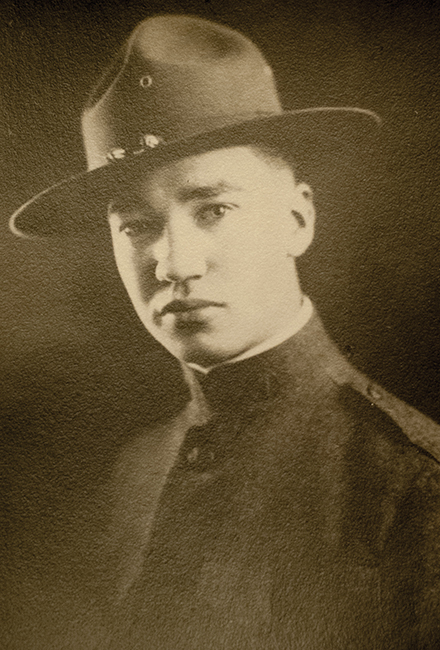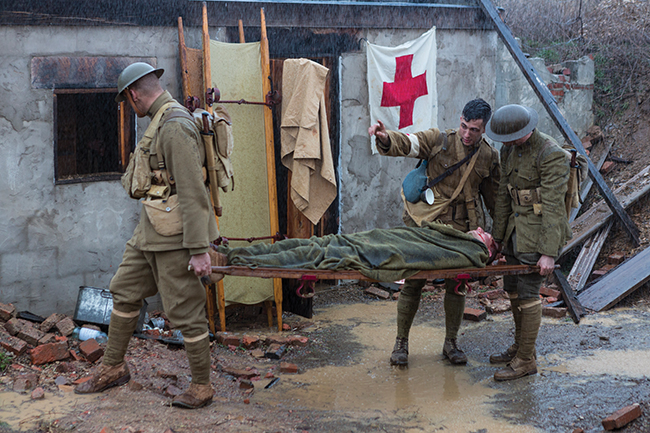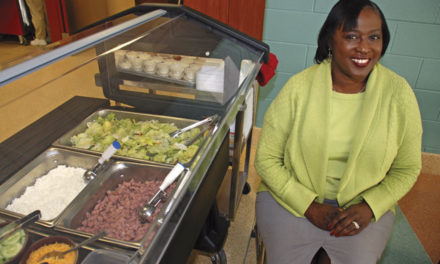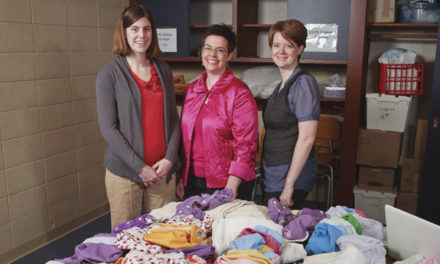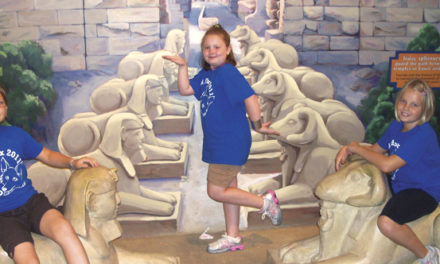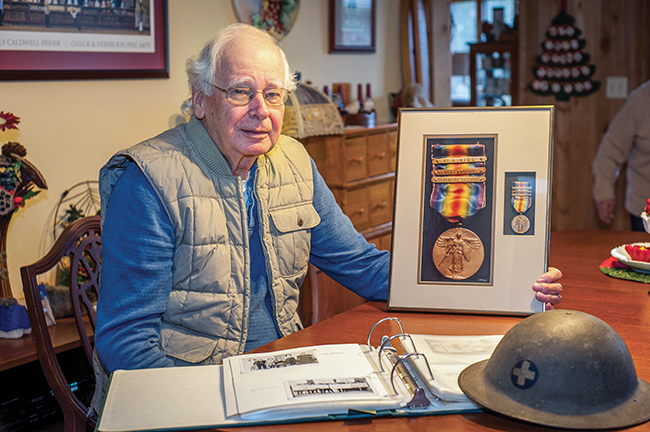
BY RODNEY MARGISON
When Richard Darling read in Bloom (Dec. ’16/Jan. ’17) about local filmmaker Jo Throckmorton’s latest project — a reenactment of the Meuse-Argonne Offensive during World War I — he was instantly intrigued. “I would love to see the film because my dad was there and was wounded at Meuse-Argonne,” Darling, 82, says.
His father, Robert Darling, was not quite 21 years old when war was declared in April 1916. “We, as men students, were all expected to enter the armed services of our country,” Robert wrote in his memoir. Within a day or two, he and several of his buddies at Lincoln College in Lincoln, Illinois, enlisted in the 6th Illinois Infantry of the Illinois National Guard, later to become a regiment of the United States Army.
Eventually, Robert’s unit made its way to France, and he was appointed to be a dental assistant with the 1st Battalion of the 123rd Field Artillery, stationed outside the town of Boucq. “As Dental Assistant, I will not get to see as much service as I might otherwise,” he wrote in an October 3, 1918, letter home. “A dentist cannot do a great deal in the trenches.”
Three days later, however, as several regiments were passing his position, German shells began exploding around them. Never without first aid supplies in his belt, Robert assumed the role of combat medic and was assisting a wounded soldier when a piece of shrapnel struck him in the back.
“A number of the men of the 91st Division had been hit by exploding pieces of shrapnel; when I heard their cries, I went to help them,” he wrote in his memoir. “Then, when I was stemming the blood which was gushing from the neck of one of them, I felt a burning jab in my own back, and realized that I had been hit.”
Richard explains that his father continued treating the wounded soldier until a medical officer saw Robert’s injury and ordered him into an ambulance. Later, Robert wrote home from a field hospital and described the shrapnel as having been the size of a pea, but his memoir explains it a bit differently. “[The surgeon’s] probing did not take long, and soon he handed me the rough piece of metal as large as the end of my finger,” he wrote.
“In the letter he wrote home, he minimizes everything much more than when he’s writing the history,” Richard explains. “From seeing the scar on his back, as big as his finger was what it was.”
Richard says he grew up knowing of his father’s war experiences, though it wasn’t a topic of conversation. “We learned a lot of stuff for the first time by reading the autobiography,” he says.
Robert recovered from his injury and left the military in the spring of 1919. He returned to northern Illinois and taught high school history, English, and civics in Chicago before retiring and writing his memoir. He died in 1987 at the age of 91.
Richard Darling, now retired, worked for the Indiana University Alumni Association.
